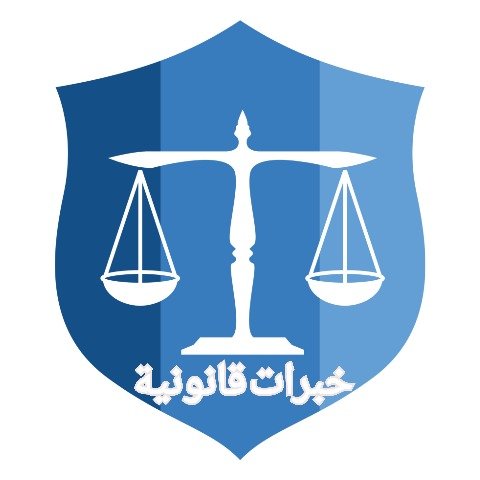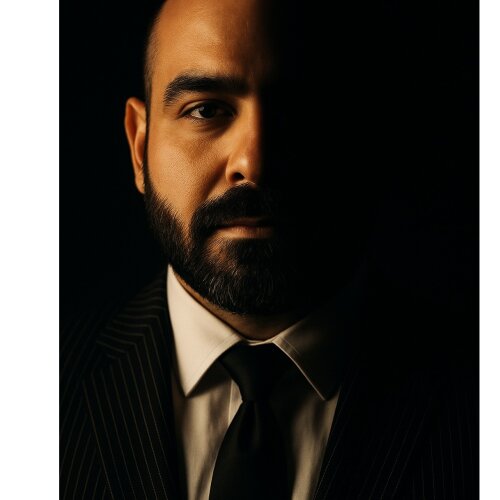Best Faith-Based Law Lawyers in Baghdad
Share your needs with us, get contacted by law firms.
Free. Takes 2 min.
List of the best lawyers in Baghdad, Iraq
About Faith-Based Law in Baghdad, Iraq
Faith-Based Law, primarily derived from Islamic Sharia, plays a significant role in the legal system of Iraq, especially in Baghdad. This legal framework is interwoven with the civil law system and influences various aspects of life, including family law, financial transactions, and criminal law. In Baghdad, a diverse and progressive city, Faith-Based Law is respected and practiced alongside a civil legal code, creating a unique blend that governs personal status issues such as marriage, divorce, inheritance, and religious obligations.
Why You May Need a Lawyer
Engaging with Faith-Based Law can be complex and requires specialized knowledge due to the dual legal system in Baghdad. Here are common scenarios where legal assistance may be necessary:
- Marriage and Divorce: Understanding rights and obligations under Sharia in conjunction with civil law.
- Inheritance Disputes: Navigating intricate Sharia inheritance laws.
- Business Transactions: Ensuring financial agreements comply with Islamic finance principles.
- Criminal Cases: Cases where Faith-Based Laws might influence the judicial processes.
- Personal Status Issues: Addressing matters that affect family and individual rights.
Local Laws Overview
The legal landscape in Baghdad is influenced by both Faith-Based and civil laws. Key aspects include:
- Family Law: Predominantly governed by Sharia, affecting marriage, divorce, and custody.
- Inheritance: Follows Islamic jurisprudence, detailing specific shares for family members.
- Huqooq (Rights): Emphasizes personal rights as viewed through an Islamic lens.
- Contract Laws: Often require compliance with Sharia, especially concerning interest.
Frequently Asked Questions
1. What constitutes Faith-Based Law in Baghdad?
Faith-Based Law refers to legal principles derived from religious texts and Sharia, influencing various aspects of Iraqi legislation.
2. Can civil court decisions override Faith-Based Law?
In certain instances, civil court decisions may complement or apply alongside Faith-Based Law, but they often respect and consider Sharia in relevant cases.
3. How are marriage and divorce handled under Faith-Based Law?
These matters are largely governed by Islamic principles, determining rights and obligations of spouses and the terms of marriage and divorce.
4. Is Faith-Based Law applicable to non-Muslims in Baghdad?
While primarily applicable to Muslims, certain aspects like personal status laws might affect non-Muslims depending on the context and jurisdictional rules.
5. How does Faith-Based Law influence business operations?
Businesses must ensure compliance with Islamic financial regulations, which prohibit interest and mandate ethical investment principles.
6. Are there specialized courts for Faith-Based Law in Baghdad?
Yes, there are special family and personal status courts that handle cases according to Sharia principles.
7. What role does Faith-Based Law play in criminal cases?
It provides foundational ethical and moral guidelines that influence the interpretation and application of criminal law.
8. How are inheritance disputes resolved under Faith-Based Law?
Disputes are resolved by applying Islamic inheritance rules, which define predetermined shares for heirs.
9. Can legal advice be sought for Faith-Based matters outside the courts?
Yes, religious scholars, family councilors, and legal professionals with expertise in Sharia can offer guidance.
10. How can I find a lawyer specialized in Faith-Based Law?
Research local legal firms, ask for referrals, or consult with the Baghdad Bar Association for recommendations.
Additional Resources
For additional guidance, you can approach the following resources:
- Ministry of Justice: Provides information on legal rights and obligations.
- Baghdad Bar Association: Offers a directory of legal professionals.
- Local Religious Councils: Provide interpretation and application of Faith-Based Law.
- Legal Aid Organizations: Offer assistance to those unable to afford legal services.
Next Steps
If you require legal assistance in Faith-Based Law, consider the following steps:
- Identify the specific area of law you need help with: family, inheritance, business, etc.
- Consult with a knowledgeable lawyer or a legal firm with expertise in Faith-Based Law.
- Prepare all necessary documentation and evidence relevant to your case.
- Visit local courts or legal aid centers for direct advice.
- Stay informed of any legal proceedings or changes in legislation that may affect your case.
By understanding the nuances of Faith-Based Law and seeking appropriate legal counsel, you can effectively navigate your legal concerns in Baghdad.
Lawzana helps you find the best lawyers and law firms in Baghdad through a curated and pre-screened list of qualified legal professionals. Our platform offers rankings and detailed profiles of attorneys and law firms, allowing you to compare based on practice areas, including Faith-Based Law, experience, and client feedback.
Each profile includes a description of the firm's areas of practice, client reviews, team members and partners, year of establishment, spoken languages, office locations, contact information, social media presence, and any published articles or resources. Most firms on our platform speak English and are experienced in both local and international legal matters.
Get a quote from top-rated law firms in Baghdad, Iraq — quickly, securely, and without unnecessary hassle.
Disclaimer:
The information provided on this page is for general informational purposes only and does not constitute legal advice. While we strive to ensure the accuracy and relevance of the content, legal information may change over time, and interpretations of the law can vary. You should always consult with a qualified legal professional for advice specific to your situation.
We disclaim all liability for actions taken or not taken based on the content of this page. If you believe any information is incorrect or outdated, please contact us, and we will review and update it where appropriate.









